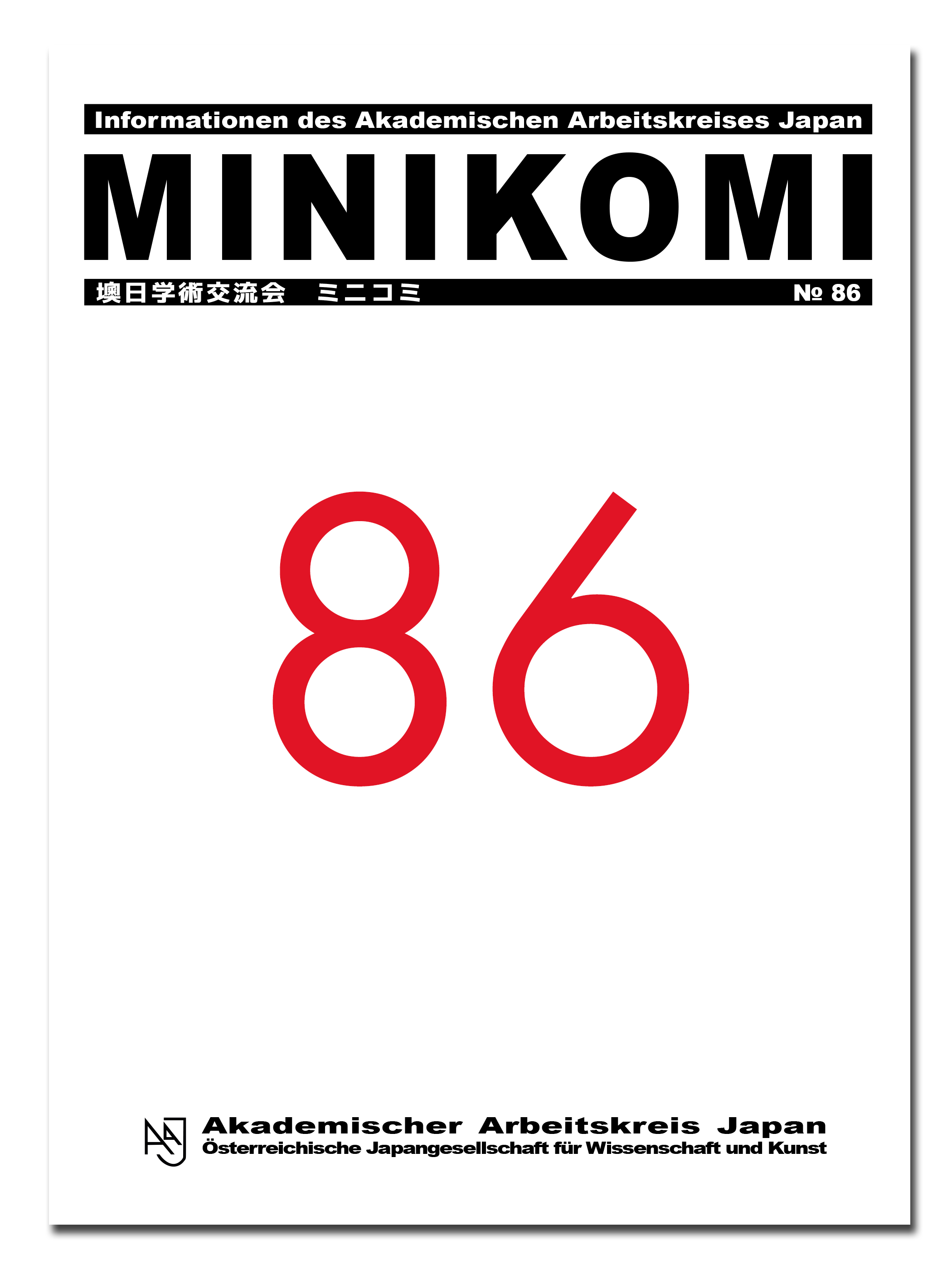Finnische Piroggen, vietnamesische Reisbälle und finger food aus Singapur
Feldforschung und kulinarische Begegnung in Hokkaidō
Keywords:
culinary heritage, rurality, ‘rural relationality’, participatory action research, experiential learningAbstract
Peripheral regions in Japan have experienced population decline and outmigration. Against this background, a fieldwork seminar in Shintotsukawa, Hokkaido, brought together students and locals in an experiment of experiential learning. Based on Kurt Lewin’s model of participatory action research, students and locals created novel dishes that combined the town’s rich agricultural resources with local cooking expertise and the culinary heritage of the students’ origin countries. The objective was to provide students with an opportunity to experience and contribute to a rural town. In contrast to the dire narratives of an aging society, the workshop revealed that Shintotsukawa is home to local farmers who sustain successful farms and multi-generational families, and to migrants who pursue innovative business ideas. The workshop also addressed concepts of ‘rural relationality’ (Woods 2010) that interpret rural areas as a product of diverse practices, developments, and dynamic processes.
Downloads
Published
How to Cite
Issue
Section
License
Copyright (c) 2017 Stephanie ASSMANN, Susanne KLIEN

This work is licensed under a Creative Commons Attribution 4.0 International License.






